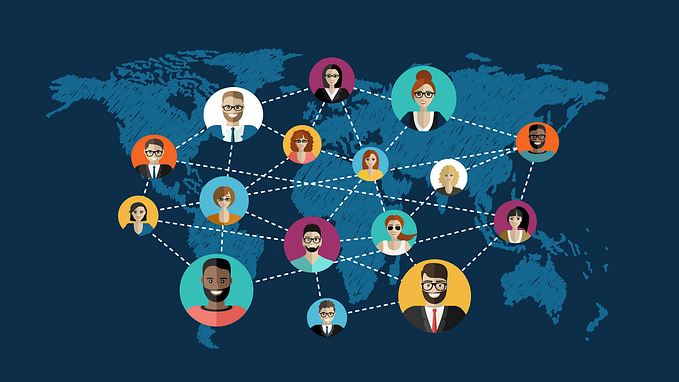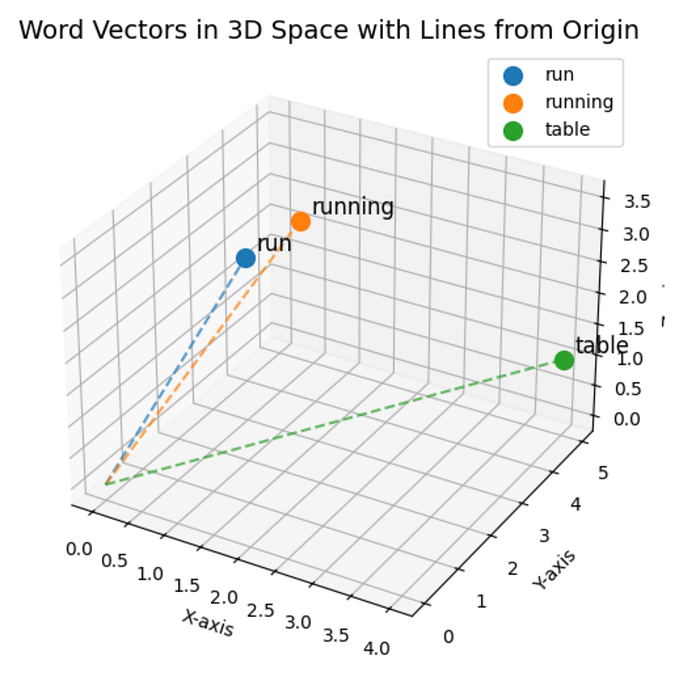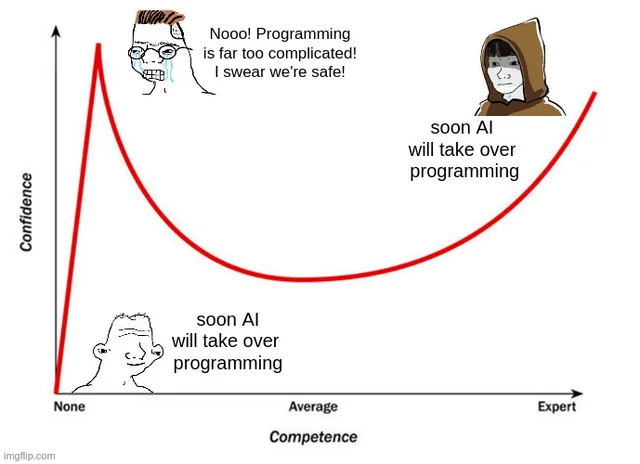AI is not taking our dev jobs- but what if it did? An optimistic take.
At first glance, the notion of AI taking our jobs might seem like a dystopian nightmare. However, if we peel back the layers, there’s an intriguing counterintuitive possibility: AI liberating us from the mundane so that we can focus on making the world a far better place.

Beyond Code: Unlocking Human Potential
Software engineers are often seen solely as coders, but in reality, we do so much more than write code. We make tough decisions, navigate complex challenges, and carry the weight of accountability. AI can certainly automate repetitive tasks, but it can’t replicate the nuanced judgment, creativity, and empathy required for leadership. By taking over routine work, AI can free us to pursue deeper, more meaningful challenges — ones that require our unique human touch.
The Investor’s Perspective: Betting on People, Not Programs
Investors know that success isn’t just about algorithms — it’s about people. They invest in human leaders who can innovate and adapt, not in tools that lack accountability. Imagine a future where AI handles the repetitive, error-prone tasks. This would allow software engineers to focus on strategic thinking and innovation. In essence, the best capital isn’t financial — it’s human ingenuity. When AI takes over the mundane, we can channel our energy into developing breakthroughs that truly matter.
The Opportunity: Evolving from Mundane to Monumental
Let’s be honest: if you’re stuck doing repetitive tasks, there’s a real concern about job security in an AI-driven world. But here’s the twist — if AI takes over the mundane aspects of our work, we’re liberated. This transformation pushes us to continuously learn, adapt, and develop skills that AI simply can’t match. Rather than clinging to outdated moats like degrees or brand names, we’ll need to cultivate creativity, complex decision-making, and leadership. In this new landscape, human intuition and strategic vision become our most valuable assets.
A New Economic Paradigm
Now, let’s imagine the broader societal impact. Should AI truly take over the bulk of routine jobs, we could witness a radical economic transformation. The deflationary effects might lead to lower interest rates and prompt governments to explore new models of economic stimulation, such as universal basic income (UBI) — a concept already seen during major crises like the Covid-19 pandemic.
This shift could enable us to reimagine work and leisure. With AI handling everyday tasks, humans might harness renewable energy breakthroughs, deploy advanced 3D printing, or even redefine local economies. Imagine a world where people are no longer bound by the need for a 9-to-5 grind, freeing them to tackle global challenges like climate change and poverty. In this future, work becomes a means to an end — a way to innovate, create, and improve the human condition.
Embracing the Inevitable: A Future Fueled by Human Ingenuity
The possibility of AI taking over many routine tasks is not a harbinger of doom — it’s an opportunity. It’s a chance for us to shift our focus from the mundane to the monumental. As AI automates the predictable, humans will be liberated to apply our collective brainpower to solve problems that have long been beyond our reach.
If you’re reading this, you’re already part of the movement toward a more liberated future. Instead of fearing the rise of AI, let’s embrace it as a tool that pushes us to evolve. Let’s seize the chance to learn new skills, build leadership capabilities, and drive innovation that shapes a better world.
Final Thoughts
So, why should we hope that AI takes our jobs? Because in doing so, we unlock the potential to redefine work itself — freeing ourselves to address the grand challenges of our time. AI isn’t the enemy; it’s the catalyst for a future where human creativity, leadership, and problem-solving can truly flourish. Embrace the change, learn aggressively, and be ready to lead the next wave of innovation.






